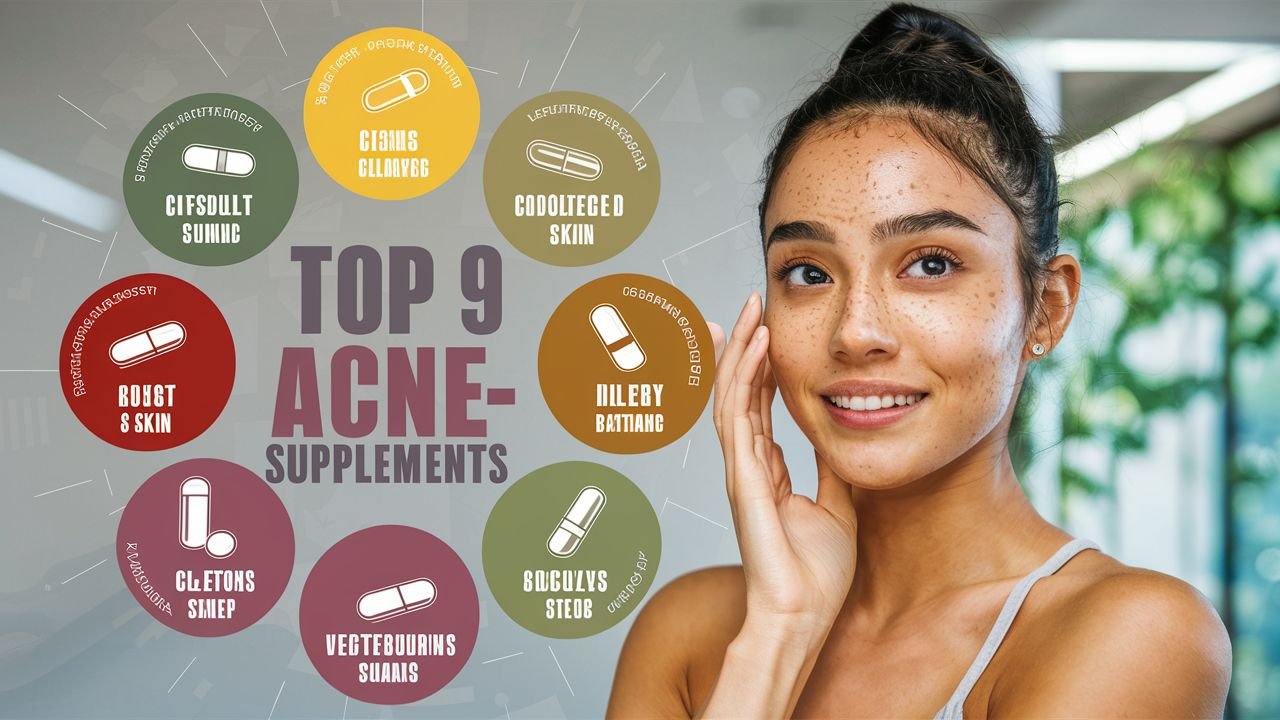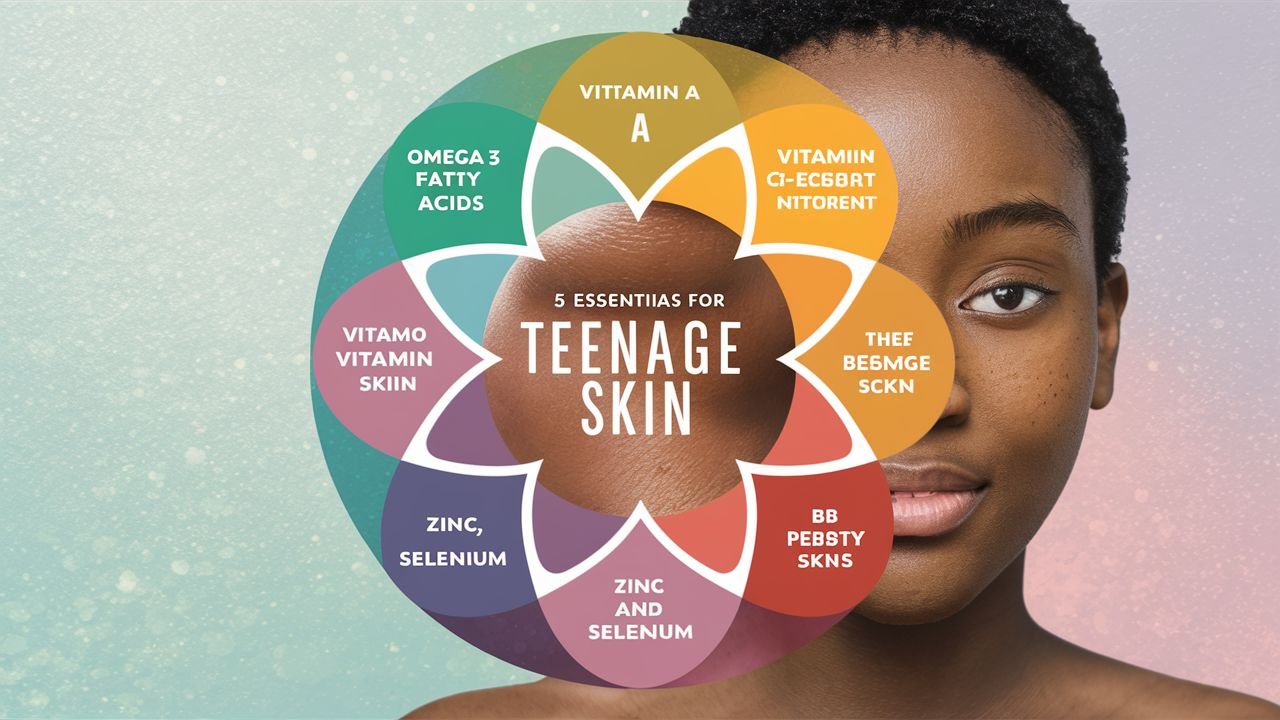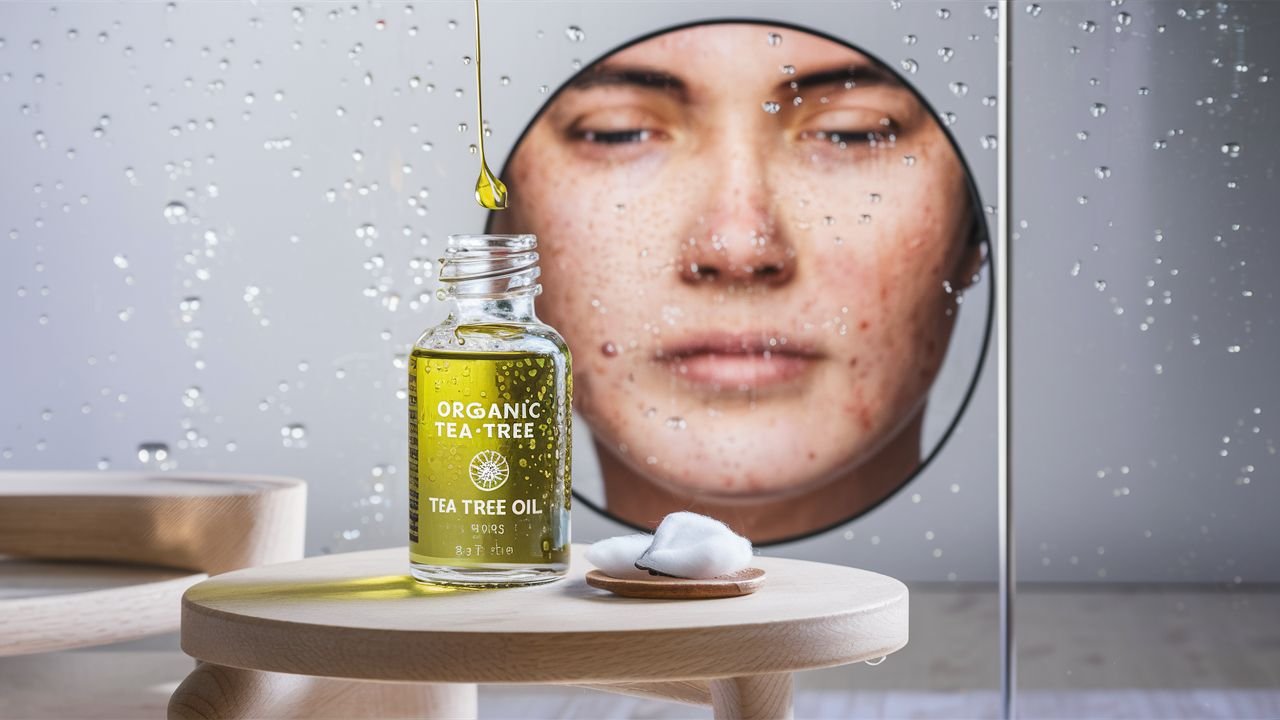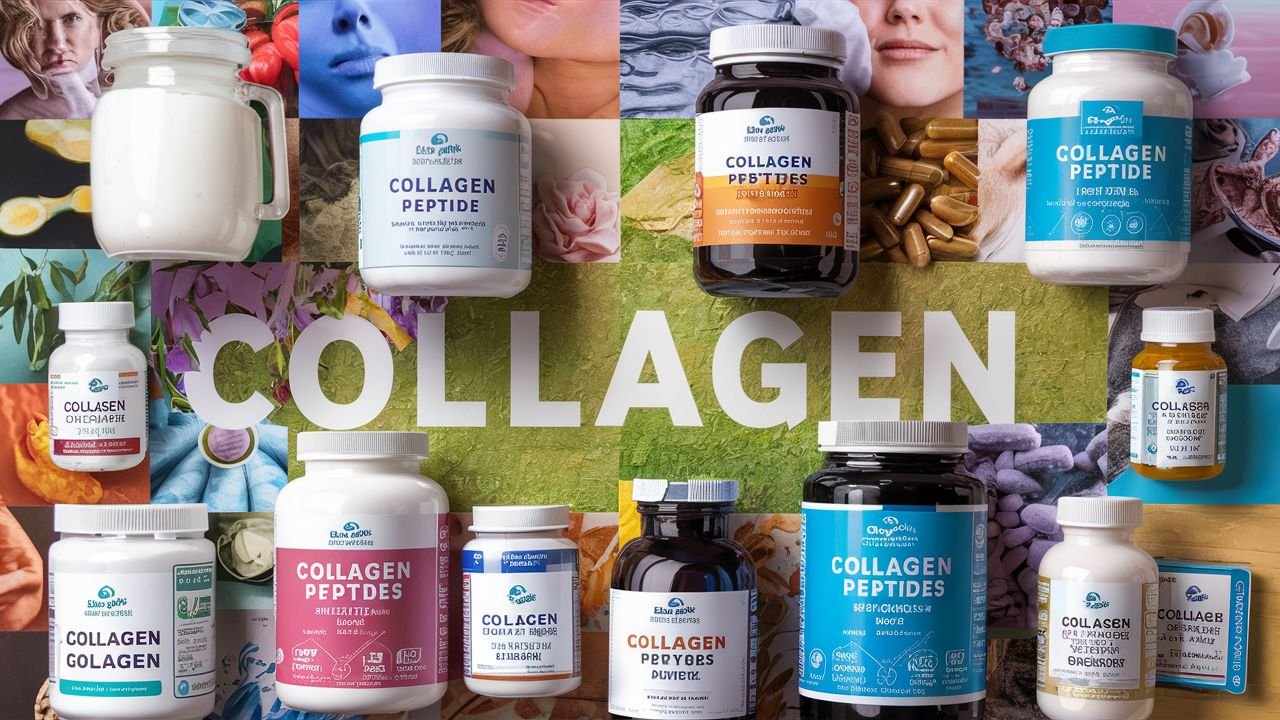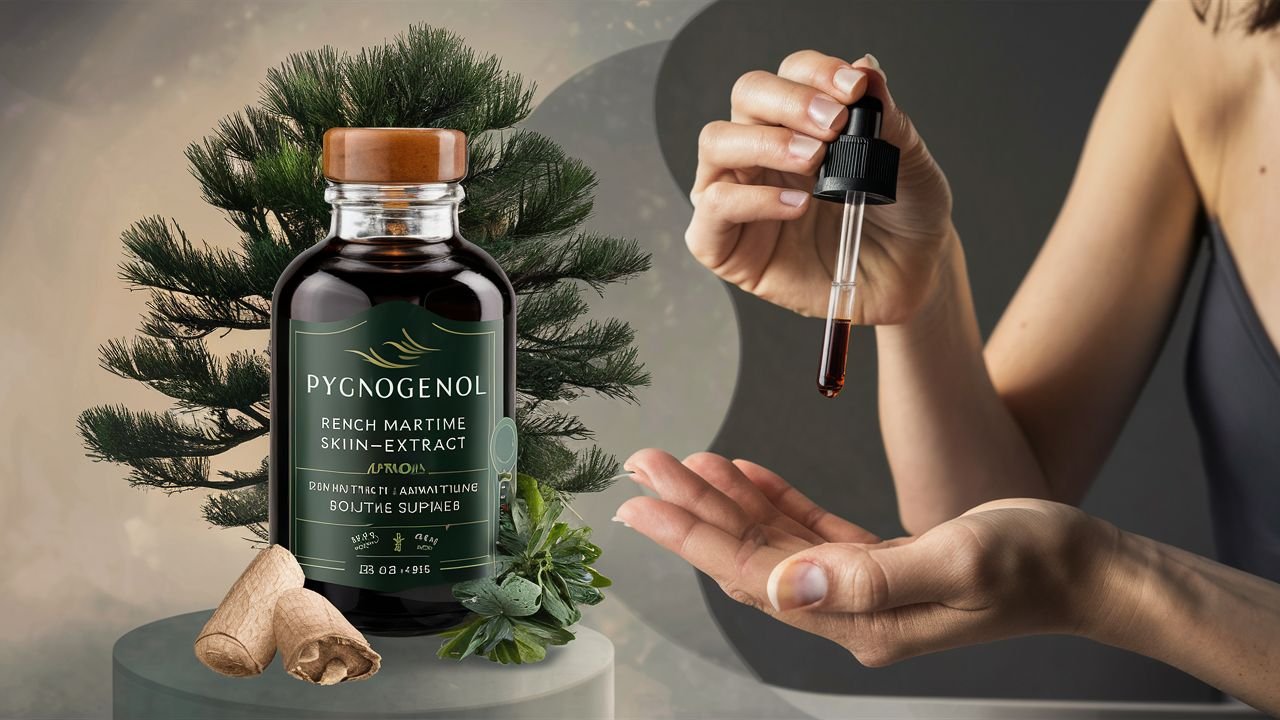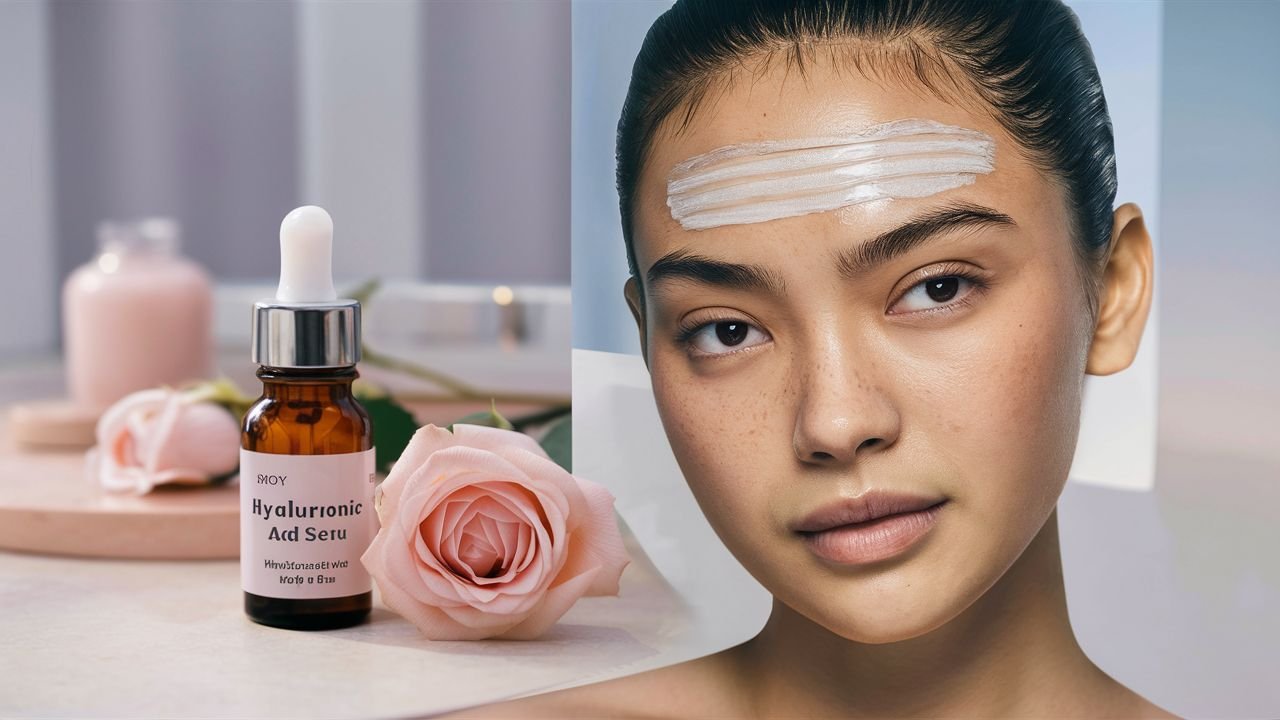When it comes to facial cleansers, dermatologists agree that the right ingredients can make all the difference. These ingredients have been scientifically proven to improve skin health and address specific concerns like acne, dryness, oiliness, and sensitivity. By incorporating these top-notch ingredients into your skincare routine, you can achieve optimal results and maintain healthy, glowing skin.
Key Takeaways:
- Choosing the right facial cleanser ingredients is crucial for healthy skin.
- Colloidal oatmeal, ceramides, and hyaluronic acid are key ingredients to look for.
- Salicylic acid and benzoyl peroxide are effective for acne-prone skin.
- Understanding your skin type and preferences will help you choose the best cleanser.
- Consulting with a dermatologist is always recommended for personalized recommendations.
Why Use a Facial Cleanser?
A facial cleanser is an essential part of any skincare routine. It plays a vital role in maintaining healthy and radiant skin. Here’s why using a facial cleanser is crucial:
Removes Dirt, Makeup, Sweat, and Dead Skin Cells
A facial cleanser helps to thoroughly remove dirt, makeup, sweat, and dead skin cells that accumulate on the surface of the skin throughout the day. These impurities can clog pores and contribute to acne breakouts, dullness, and uneven texture.
Prevents Clogged Pores and Acne Breakouts
By effectively removing dirt and debris, a facial cleanser helps to prevent clogged pores, which can lead to acne breakouts. It unclogs pores, allowing the skin to breathe and reducing the likelihood of developing blemishes.
Addresses Specific Skin Concerns
Facial cleansers are formulated to address specific skin concerns such as dryness, oiliness, and sensitivity. They can help balance oil production, hydrate dry skin, and soothe sensitive skin, providing a clean and fresh canvas for the rest of your skincare products to work more effectively.
Prepares the Skin for Skincare Products
Using a facial cleanser prepares your skin for the application of other skincare products. By removing impurities and creating a clean surface, it allows serums, moisturizers, and treatments to penetrate better and deliver their benefits more effectively.
Promotes Overall Skin Health
A consistent skincare routine that includes a facial cleanser helps to maintain overall skin health. It keeps the skin clean, fresh, and balanced, reducing the risk of common skin issues such as acne, oiliness, dryness, and sensitivity.
“A facial cleanser is a fundamental step in maintaining clear, healthy skin. It removes impurities, prevents breakouts, and prepares the skin for other skincare products.” – Dr. Emily Johnson, Dermatologist
| Benefits of Using a Facial Cleanser: |
|---|
| Removes dirt, makeup, sweat, and dead skin cells |
| Prevents clogged pores and acne breakouts |
| Addresses specific skin concerns |
| Prepares the skin for skincare products |
| Promotes overall skin health |
How to Choose a Facial Cleanser
Choosing the right facial cleanser is essential for maintaining healthy and radiant skin. Factors such as your skin type and personal preferences play a crucial role in determining which cleanser will work best for you. By considering these factors, you can select a facial cleanser that caters to your specific needs and provides optimal results.
First and foremost, it’s important to identify your skin type. This will help you narrow down the options and choose a cleanser that addresses your unique concerns. The five main skin types are:
- Oily skin: characterized by excess sebum production and a tendency to develop shine and breakouts.
- Dry skin: lacks moisture and may feel tight, rough, or flaky.
- Normal skin: well-balanced with adequate hydration and minimal concerns.
- Combination skin: a mix of oily and dry areas, most commonly with oiliness in the T-zone (forehead, nose, and chin) and dryness on the cheeks.
- Sensitive skin: easily irritated, prone to redness and reactions.
Once you have identified your skin type, consider the different product vehicles available in facial cleansers. These include gel, cream, oil, and foaming cleansers. Here’s how each type works:
Gel cleanser: Ideal for oily skin types, gel cleansers effectively remove excess oil and impurities without stripping the skin’s natural moisture.
Cream cleanser: Suitable for dry and sensitive skin, cream cleansers provide hydration and nourishment while gently cleansing the skin.
Oil cleanser: Suitable for all skin types, oil cleansers effectively remove makeup and impurities, leaving the skin feeling clean and nourished.
Foaming cleanser: Great for combination skin, foaming cleansers remove excess oil and impurities while maintaining the skin’s natural moisture balance.
Choosing the Right Cleanser for Your Skin Type
Now that you know your skin type and the different product vehicles available, let’s look at how to choose the perfect facial cleanser:
- If you have oily skin, opt for a gel cleanser to control excess oil and minimize breakouts. Look for ingredients like salicylic acid or tea tree oil that help to regulate oil production.
- Dry or sensitive skin types should consider a cream cleanser that provides gentle hydration and doesn’t strip away natural oils. Look for ingredients like hyaluronic acid or ceramides that help to boost moisture levels.
- For normal skin, you have the flexibility to choose between different product vehicles based on personal preference. Look for cleansers with gentle yet effective ingredients that maintain the skin’s balance.
- If you have combination skin, a foaming cleanser can help to remove excess oil from the T-zone while providing hydration to the drier areas. Look for cleansers that offer a balanced approach to address both concerns.
- Sensitive skin types should opt for gentle and fragrance-free cleansers that are specifically formulated for sensitive skin. Look for soothing ingredients like chamomile or aloe vera.
Remember, it’s important to cleanse your face twice a day, once in the morning and once at night, to remove impurities and keep your skin healthy. By choosing the right facial cleanser for your skin type and preferences, you can ensure that your skincare routine is tailored to meet your specific needs.
| Facial Cleanser Type | Suitable Skin Types |
|---|---|
| Gel Cleanser | Oily skin |
| Cream Cleanser | Dry and sensitive skin |
| Oil Cleanser | All skin types |
| Foaming Cleanser | Combination skin |
Determine Your Skin Type
Determining your skin type is crucial in selecting the right facial cleanser. The five main skin types include:
- Oily skin: characterized by an overproduction of sebum.
- Dry skin: lacks moisture and can often feel tight or flaky.
- Normal skin: well-balanced and neither too oily nor too dry.
- Combination skin: has both oily and dry areas, typically oily in the T-zone (forehead, nose, and chin) and dry on the cheeks.
- Sensitive skin: prone to redness, irritation, and easily reacts to skincare products.
Understanding your skin type will help you choose a cleanser that addresses your specific concerns and provides the best results. Here is a table that summarizes the characteristics of each skin type:
| Skin Type | Characteristics |
|---|---|
| Oily | Excess sebum production, prone to shine and acne breakouts |
| Dry | Lacks moisture, often feels tight or flaky |
| Normal | Well-balanced, neither too oily nor too dry |
| Combination | Oily in the T-zone, dry on the cheeks |
| Sensitive | Prone to redness, irritation, and reacts easily to products |
Once you determine your skin type, you can choose a facial cleanser that caters to your specific needs and helps maintain a healthy and radiant complexion.
Choose a Product Vehicle
When selecting a facial cleanser, it’s important to consider the product vehicle. The product vehicle refers to the formulation of the cleanser, such as gel, cream, oil, or foaming cleanser. Each product vehicle offers unique benefits and is suited for different skin types and preferences.
Gel Cleanser
Gel cleansers are perfect for those with oily skin as they help to remove excess oil and control sebum production. The lightweight and water-based formula of gel cleansers deeply cleanse the skin without stripping away its natural moisture. It leaves your skin feeling refreshed and balanced, making it an ideal choice for those with acne-prone or combination skin.
Cream Cleanser
If you have dry or sensitive skin, a cream cleanser is a great option. Cream cleansers are formulated with hydrating ingredients that replenish moisture and nourish the skin. They gently cleanse without causing dryness or irritation, leaving your skin feeling soft and supple. Cream cleansers are also suitable for mature skin as they help to promote a more youthful and radiant complexion.
Foaming Cleanser
For those with combination skin, foaming cleansers are a popular choice. These cleansers create a luxurious foam when mixed with water, effectively removing impurities and excess oil from the skin’s surface. Foaming cleansers provide a deep cleanse without over-drying, making them suitable for areas prone to oiliness while still keeping dry areas moisturized.
Oil Cleanser
Oil cleansers are versatile and can be used for all skin types. Contrary to the belief that oil cleansers make the skin greasy, they actually work by dissolving and lifting away dirt, makeup, and impurities. Oil cleansers are especially effective in removing stubborn, waterproof makeup and sunscreen. They leave the skin feeling clean, hydrated, and supple.
When choosing a facial cleanser, consider your skin type and personal preferences. Experiment with different product vehicles to find the one that suits your needs and gives you the best results. It’s also important to note that the product vehicle may vary depending on your specific concerns and the other steps in your skincare routine, so feel free to explore and find what works best for you.
Best Ingredients to Look for in Facial Cleansers
Dermatologists recommend several key ingredients to look for in facial cleansers. These ingredients have proven benefits for improving skin health and addressing specific concerns. By choosing cleansers with these ingredients, you can enhance the efficacy of your skincare routine and achieve healthier, more radiant skin.
Colloidal Oatmeal
Colloidal oatmeal is a soothing ingredient that provides relief for dry and sensitive skin. Its anti-inflammatory properties help calm irritation and reduce redness. Colloidal oatmeal is especially beneficial for those with eczema or rosacea.
Ceramides
Ceramides play a crucial role in maintaining the skin’s natural barrier function. They help retain moisture, improve hydration, and protect the skin against environmental stressors. Including ceramides in your cleanser can help strengthen your skin barrier and prevent moisture loss.
Hyaluronic Acid
Hyaluronic acid is a hydrating powerhouse that attracts and retains moisture in the skin. It improves skin elasticity, reduces the appearance of fine lines and wrinkles, and promotes a supple, youthful complexion. Hyaluronic acid is suitable for all skin types and ideal for combatting dehydration.
Squalane
Squalane, a derivative of squalene, is a lightweight and non-greasy moisturizing ingredient. It effectively hydrates the skin while also providing antioxidant benefits, protecting against environmental damage. Squalane is suitable for all skin types and leaves the skin soft, plump, and nourished.
Micellar Water
Micellar water is a gentle cleansing ingredient that removes dirt, oil, and makeup without stripping the skin of its natural moisture. It contains tiny micelles that act as magnets, attracting impurities and leaving the skin refreshed and hydrated. Micellar water is especially suitable for sensitive and dry skin types.
Salicylic Acid
Salicylic acid is a popular ingredient for acne-prone and oily skin types. It exfoliates the skin, unclogs pores, and reduces sebum production, effectively treating and preventing breakouts. However, it can cause dryness and irritation, so it’s essential to use it in moderation and follow up with proper hydration.
Benzoyl Peroxide
Benzoyl peroxide is another effective ingredient for acne-prone skin. It kills acne-causing bacteria, reduces inflammation, and helps prevent future breakouts. It works best in a leave-on product rather than a cleanser, as it needs time to penetrate the pores. Due to its potential for dryness and irritation, it is essential to follow instructions and use it carefully.
Alpha Hydroxy Acids
Alpha hydroxy acids (AHAs) are gentle exfoliating ingredients that remove dead skin cells, improve skin texture, and promote cell turnover. AHAs, such as glycolic and lactic acid, can be found in cleansers to provide a mild exfoliation and enhance overall skin radiance. They are suitable for various skin types but may cause sensitivity if used excessively.
Peptides
Peptides are chains of amino acids that support collagen production, improve skin elasticity, and reduce the appearance of fine lines and wrinkles. Incorporating peptides into your cleanser can help boost overall skin health and maintain a youthful complexion.
| Ingredient | Benefits | Skin Types |
|---|---|---|
| Colloidal Oatmeal | Soothing, reduces redness | Dry, sensitive, eczema-prone |
| Ceramides | Restores skin barrier, improves hydration | All skin types, especially dry and sensitive |
| Hyaluronic Acid | Hydrates, improves elasticity | All skin types |
| Squalane | Moisturizes, antioxidant benefits | All skin types |
| Micellar Water | Gently cleanses, removes makeup | Sensitive, dry, normal |
| Salicylic Acid | Exfoliates, unclogs pores | Acne-prone, oily |
| Benzoyl Peroxide | Kills bacteria, reduces breakouts | Acne-prone |
| Alpha Hydroxy Acids | Exfoliates, improves skin texture | All skin types |
| Peptides | Reduces signs of aging, promotes hydration | All skin types |
Takeaway
When selecting a facial cleanser, consider your skin type and the specific concerns you want to address. Look for cleansers that contain beneficial ingredients such as colloidal oatmeal, ceramides, hyaluronic acid, squalane, micellar water, salicylic acid, benzoyl peroxide, alpha hydroxy acids, and peptides. These ingredients can help improve your skin’s health, restore its natural balance, and enhance your overall complexion.
Colloidal Oatmeal
Colloidal oatmeal is a soothing ingredient often found in facial cleansers. Its unique properties make it especially beneficial for individuals with dry and sensitive skin, as well as those who suffer from eczema. The gentle nature of colloidal oatmeal helps to calm and hydrate the skin, reducing irritation and redness.
Colloidal oatmeal has been proven to improve multiple skin conditions, including dryness, sensitivity, and eczema. It works by restoring the skin’s pH balance, enhancing the barrier function, and increasing hydration levels. The soothing properties of colloidal oatmeal provide much-needed relief to those dealing with mild to moderate eczema.
When used in facial cleansers, colloidal oatmeal helps to create a gentle and nourishing cleansing experience. It effectively removes impurities from the skin while maintaining its natural moisture levels. This makes it an ideal choice for individuals with dry and sensitive skin.
For those with eczema, colloidal oatmeal can help alleviate itchiness and reduce inflammation. It forms a protective barrier on the skin, shielding it from further irritation and providing relief from discomfort. The anti-inflammatory properties of colloidal oatmeal help to calm the skin, promoting a healthier and more balanced complexion.
Overall, the inclusion of colloidal oatmeal in facial cleansers is a soothing and beneficial choice for individuals with dry and sensitive skin, as well as those struggling with eczema. Its gentle yet effective properties make it a valuable ingredient in promoting skin health and maintaining a nourished and hydrated complexion.
Ceramides
Ceramides are crucial for maintaining a healthy skin barrier. These naturally occurring lipids help to lock in moisture, hydrate the skin, and protect it from environmental irritants.
For individuals with dry or sensitive skin, as well as those with eczema, ceramides play a vital role in providing relief and improving overall skin health. By incorporating facial cleansers infused with ceramides into your skincare routine, you can strengthen your skin’s natural barrier, reduce moisture loss, and soothe any irritation.
By actively replenishing ceramides through your skincare products, you can enhance the skin barrier’s integrity, promoting hydration and helping to prevent further damage. This is especially important for individuals with eczema, as their skin barrier is often compromised and requires special attention.
When choosing a facial cleanser that contains ceramides, it’s essential to ensure that other ingredients in the product align with your skincare goals. Look for cleansers that are gentle, non-irritating, and designed for your specific skin type to optimize the benefits of ceramides.
Benefits of Ceramides:
– Lock in moisture, keeping the skin hydrated
– Strengthen the skin barrier to protect against environmental stressors
– Soothe and calm dry, sensitive, and eczema-prone skin
– Promote overall skin health and resilience
Below is a comparison table showing the benefits of ceramides for different skin types and conditions:
| Benefits | Dry Skin | Sensitive Skin | Eczema |
|---|---|---|---|
| Locks in moisture | ✔ | ✔ | ✔ |
| Strengthens skin barrier | ✔ | ✔ | ✔ |
| Soothes irritation | ✔ | ✔ | ✔ |
| Reduced moisture loss | ✔ | ✔ | ✔ |
By incorporating a facial cleanser infused with ceramides into your daily skincare routine, you can enhance your skin’s natural defense mechanisms, promote hydration, and address dryness, sensitivity, or eczema concerns.
Hyaluronic Acid
Hyaluronic acid is a powerful hydrating ingredient that helps to bind water to collagen in the skin, resulting in increased hydration and a dewy glow.
It is suitable for all skin types but is particularly beneficial for dry or sensitive skin. Hyaluronic acid helps to retain moisture and improve the overall texture and appearance of the skin.
By incorporating hyaluronic acid into your skincare routine, you can enhance hydration and achieve a radiant complexion.
| Benefits | Usage |
|---|---|
| Increased hydration | Apply hyaluronic acid serums or moisturizers daily. |
| Improved skin texture | Incorporate hyaluronic acid into your skincare routine for long-term effects. |
| Dewy glow | Use hyaluronic acid in combination with other hydrating ingredients for optimal results. |
By regularly using products containing hyaluronic acid, you can achieve a plump and youthful complexion. It’s important to note that hyaluronic acid works best when combined with other beneficial skincare ingredients.
Salicylic Acid
Salicylic acid is a powerful ingredient commonly found in facial cleansers, known for its effectiveness in treating acne and improving overall skin health. As a beta hydroxy acid, salicylic acid works by penetrating the pores, exfoliating the skin, and reducing oil production, which helps to unclog pores and prevent breakouts.
For individuals with acne-prone or oily skin, incorporating a facial cleanser containing salicylic acid into their skincare routine can make a significant difference. By targeting the root causes of acne and regulating oil production, salicylic acid effectively helps to combat blemishes and keep the skin clear.
However, it is important to use salicylic acid in moderation, especially for those with dry or sensitive skin. Overusing salicylic acid can lead to dryness and irritation, so it is advisable to follow the instructions provided by the product and consult with a dermatologist if you have any concerns.
Benefits of Salicylic Acid:
- Reduces acne breakouts by unclogging pores
- Controls oil production to prevent excessive sebum
- Exfoliates the skin for a smoother complexion
- Helps to fade acne scars and hyperpigmentation
When choosing a facial cleanser with salicylic acid, it is essential to consider your skin type and select a product that suits your specific needs. Additionally, pairing salicylic acid cleansers with other complementary skincare products can further improve results, such as using a moisturizer to hydrate the skin and balance any potential dryness caused by the acid.
“Salicylic acid is a valuable ingredient in facial cleansers, particularly for individuals dealing with acne and oily skin. Its ability to unclog pores and regulate oil production makes it an effective solution for clearer, healthier-looking skin.”
For a deeper understanding of how salicylic acid benefits the skin, let’s take a closer look at its properties and mechanisms of action:
| Property | Mechanism |
|---|---|
| Exfoliating | Removes dead skin cells and unclogs pores |
| Oil Control | Reduces sebum production to prevent excess oil |
| Anti-inflammatory | Calms redness and inflammation associated with acne |
Salicylic acid effectively targets acne and oil production, making it a staple ingredient in many facial cleansers. By incorporating salicylic acid into your skincare routine, you can proactively combat acne, reduce oiliness, and enjoy clearer, healthier-looking skin.
Conclusion
Choosing the right facial cleanser is crucial for maintaining healthy and radiant skin. Your skincare routine should be tailored to your individual needs, taking into consideration your skin type, product vehicle preference, and the key ingredients that address specific concerns.
By incorporating facial cleansers with ingredients like colloidal oatmeal for soothing dry and sensitive skin, ceramides for strengthening the skin barrier, hyaluronic acid for hydration and a dewy glow, and salicylic acid for treating acne and unclogging pores, you can optimize your skincare regimen for optimal skin health.
However, it’s important to consult with a dermatologist or skincare professional for personalized recommendations and advice. They can provide expert guidance on selecting the best facial cleansers and skincare products that will suit your skin’s needs, ensuring the best possible results in achieving and maintaining healthy skin. Remember, great skin starts with a thorough and effective cleansing routine.



